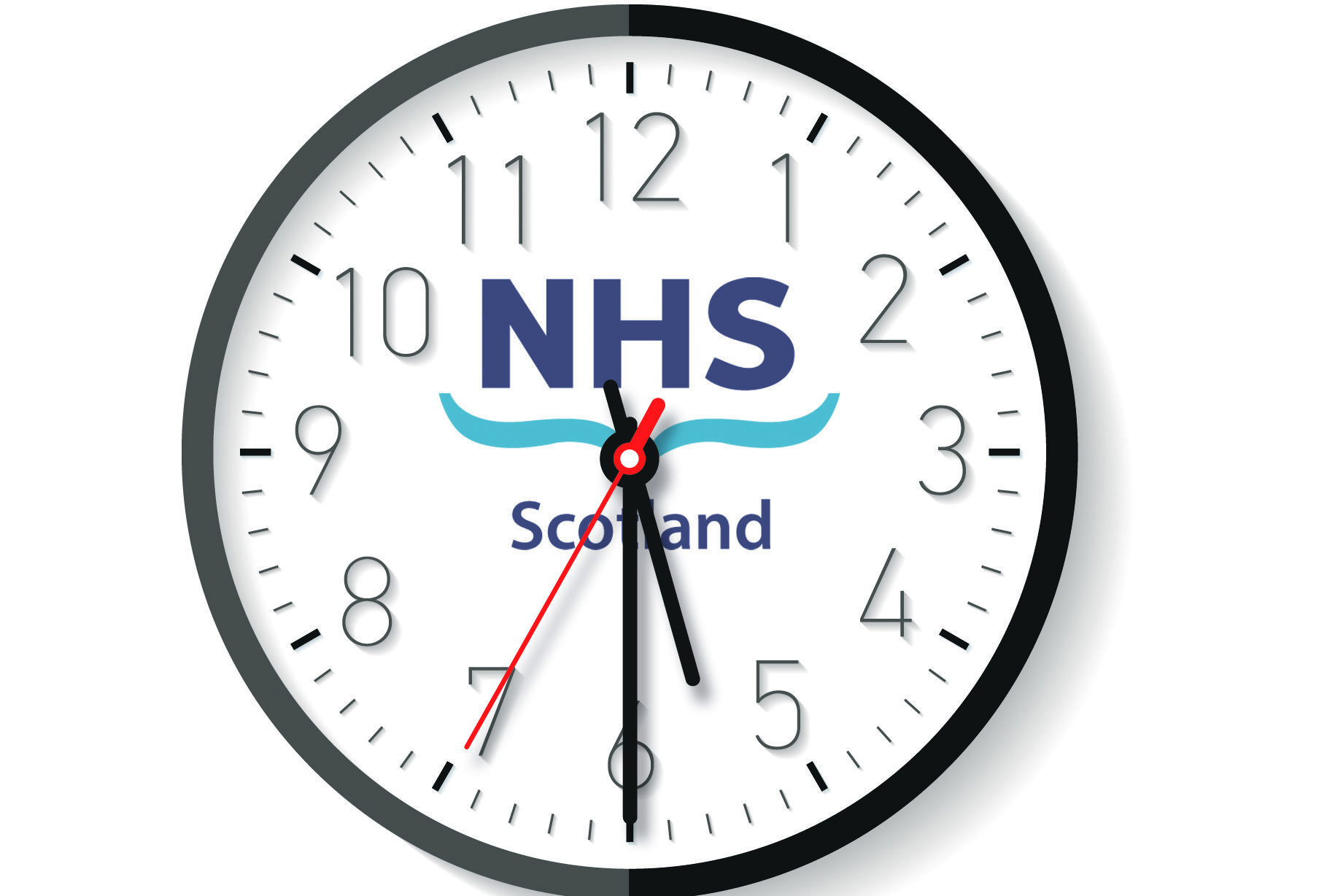
DEMENTIA patients are being woken, washed and dressed at 5.30am to ease pressure on nurses, an MSP has claimed.
Labour’s Neil Findlay is calling for an inquiry after being contacted by staff at Edinburgh’s Western General Hospital.
He said they told him the practice, at the hospital’s long stay elderly care wards, left patients distressed and disorientated.
And he says he has previously been approached by staff at other hospitals, who have also reported patients being woken before 6am.
NHS Lothian’s director of nursing said it was not “policy or practice” to wake patients so early but said nightshift staff will get patients up if ‘they are awake early and want to get dressed.’
Mr Findlay said: “This is not the first time I’ve been told about this practice by staff who are concerned about the effect this is having on some of the most vulnerable patients being cared for.
“It’s simply unacceptable and must be stopped immediately.
“A number of nurses have told me they are being ordered to wake patients, get them changed, washed, up and dressed before they finish their night shifts.
“They say this is being done to ease the pressure on day staff, and it means getting patients up from 5.30am.
“They’ve told me patients’ beds are made which means they are left sitting in chairs in the ward for hours.”
Mr Findlay said he will be asking for a meeting with NHS Lothian’s Chief Executive to discuss the claims.
“It’s deeply upsetting for the patients, and deeply upsetting for the dedicated nurses who say this is not what they got into nursing for.
“These patients deserve the very best care and to be treated with dignity, and the nurses who have blown the whistle deserve the utmost praise for speaking out.”
Age Concern Scotland’s Head of Policy, Adam Stachura said such a practice might aggravate some patients’ conditions.
He said: “For dementia patients in hospital a one-size-fits-all approach to their care doesn’t always work and can exacerbate their condition.
“We have heard of older people with dementia in hospital who have responded much better to treatment they are receiving by being allowed to sleep for longer and wake when they are ready, later in the morning.
“This relieves the stress, confusion and sometimes aggression they can display towards staff as a result of their dementia. It also means that they aren’t kept in hospital for longer than they need to be.”
Alzheimer Scotland say there is a national commitment policy to deliver a 10 point care action plan for patients under Scotland’s National Dementia Strategy.
Chief Executive Henry Simmons said: “It must be ensured these plans are being implemented and it would be a backwards step if current pressures on the NHS delivered poorer outcomes for people with dementia.
“This need not and should not be the case given the improvements and progress.”
Irenee O’Neill of the Independent Federation of Nursing said: “This is not an isolated situation. Last year we had to intervene to stop this happening in another large health board.
“It’s unacceptable. I would question whether patients with dementia are able to specifically request getting up at 5.30am.”
Professor Alex McMahon, Nurse Director, NHS Lothian, said: “It is not our policy or practice to wake patients at 5.30am and we would not ask staff to get patients out of bed and washed, simply to help with the daily functioning of the ward.
“Where appropriate, if patients are awake early and want to get up and dressed and ready for breakfast, nightshift staff can and may assist them in doing this, but this is the exception and not the norm.”
“If patients, families or staff have any concerns, I would encourage them to speak to the nurse in charge of the ward or to contact us.”

Enjoy the convenience of having The Sunday Post delivered as a digital ePaper straight to your smartphone, tablet or computer.
Subscribe for only £5.49 a month and enjoy all the benefits of the printed paper as a digital replica.
Subscribe